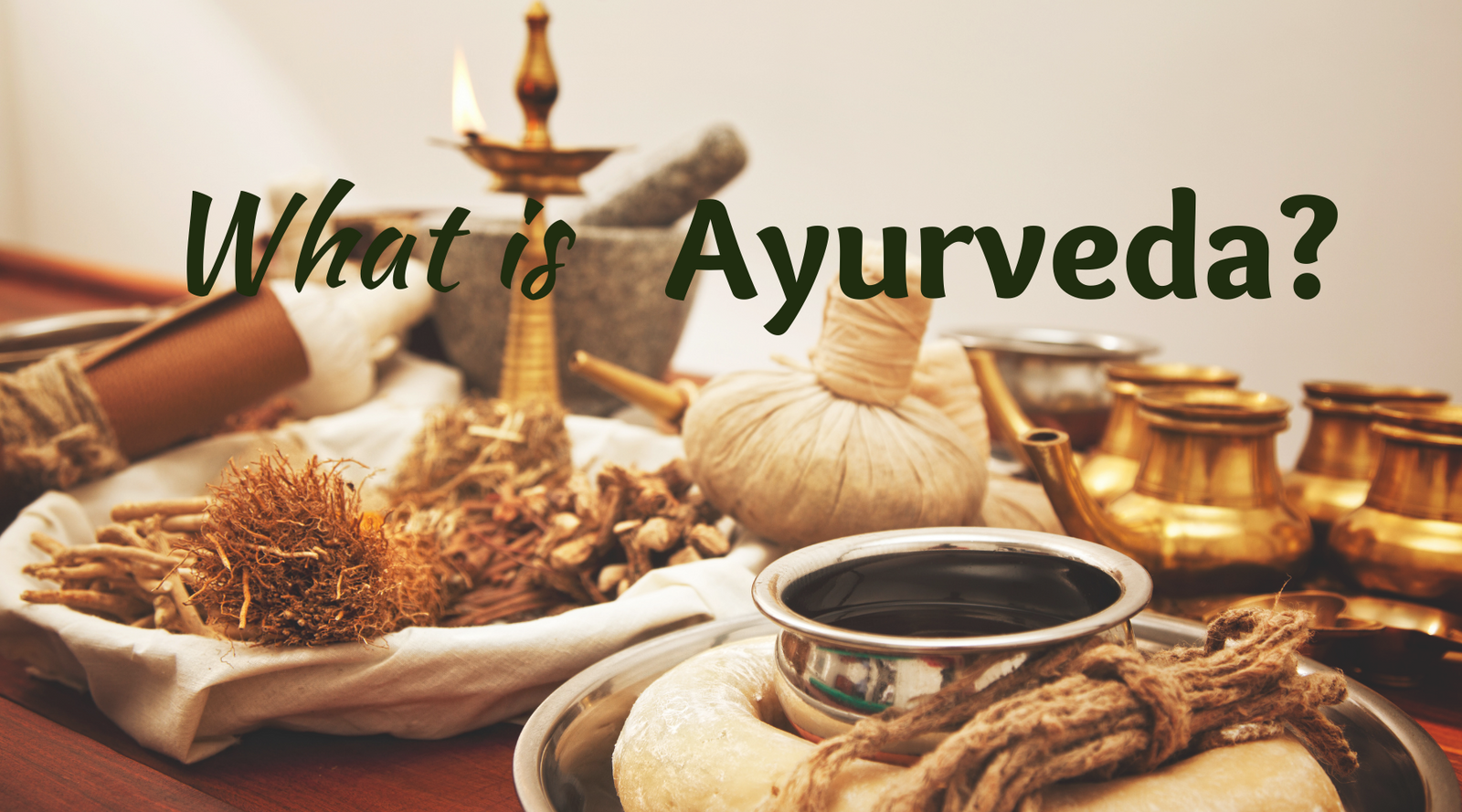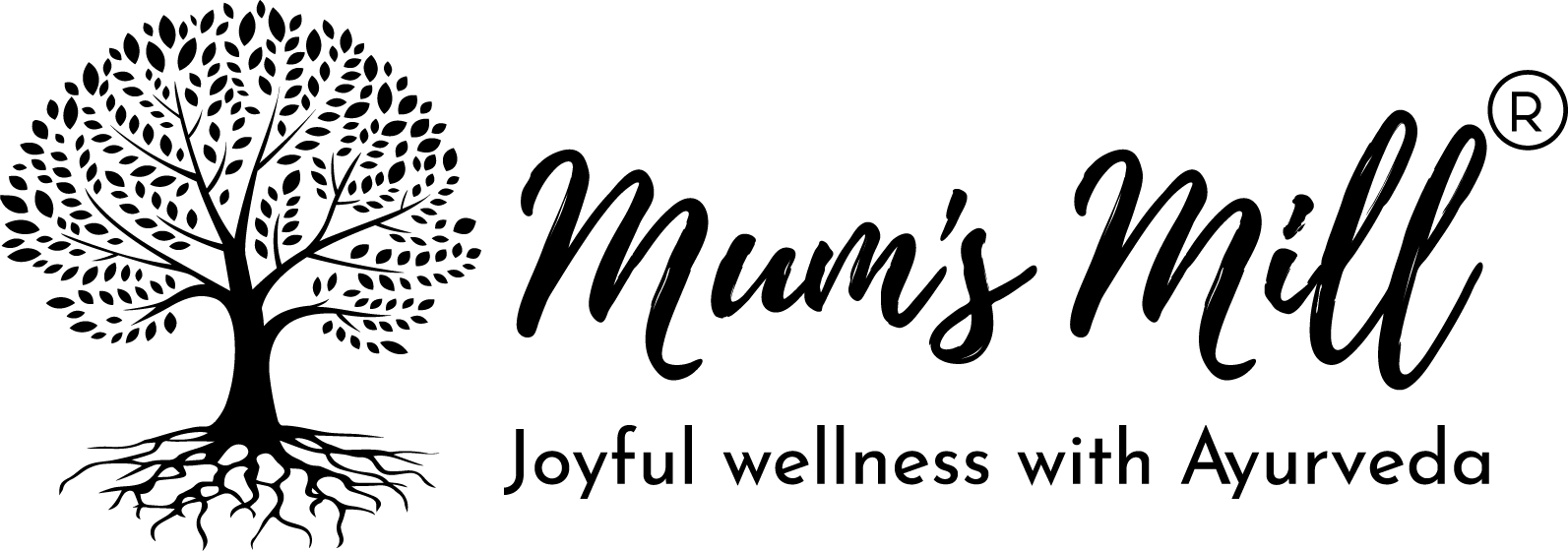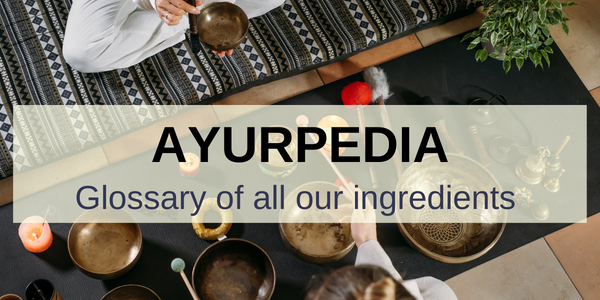
Ayurveda, a holistic medical practise, began in India over 3,000 years ago. Ayurveda is derived from the Sanskrit terms ayur (life) and Veda (science) (science or knowledge). It is a "living knowledge," and the concepts underlying this ancient wisdom remind us that the entire web of life is intimately interconnected.
Holistic
Because the body is so interconnected, treating one organ does not affect the other. So, Ayurveda utilizes a holistic approach to heal the human body as a whole.
Ayurveda uses herbs that exert a holistic impact, positively affecting multiple body parts, but do not bring harm to any organ, when consumed in recommended dosage.
Works on the root cause
Ayurveda does not treat or control symptoms. It believes that all treatment comes from within the body.
Ayurveda states that disease occurs when the body is weak from within. And we can only get a permanent treatment if we eradicate the weakness from within. When the body is restored to its normal state, it can fight disease and heal itself without external help.
Ensures Comprehensive Prevention
Ayurveda is not only a medicine system but the science of life. Hence, it sets a huge store by prevention of disorders through a healthy lifestyle. Ayurveda's art and science work to balance our internal and external worlds via an unmatched emphasis on comprehensive wellness.
Ayurveda is the most complex preventive method ever devised. It sees prevention as a daily activity, not a one-time event. Some of the unique and interesting topics in Ayurveda include dinacharya (ideal daily routine), ritucharya (ideal seasonal regimen), and achar Rasayana (ideal mental conduct for a disease-free life). All of these ensure multi-dimensional prevention of physical and mental disorders.
Because it encompasses both the physical and mental aspects of prevention, Ayurvedic prevention is complete and flawless.
Offers Individualized Perspective
Ayurveda describes each person's own Prakriti or bodily constitution. Because everyone is different (Prakriti), Ayurveda recommends tailored treatment for each person, by determining a person's body type.
Presents Psychosomatic Outlook
We have already mentioned aachar Rasayan. But aachar Rasayan is preventative. Interestingly, Ayurveda contains the most comprehensive therapy options for mental problems. Ayurveda emphasizes Satvavjaya Therapy for treating the mental root of all ailments.
Ayurveda discusses shock treatment, music therapy, art therapy, psychotherapy, meditation, mindfulness, and other mental treatments.
Body Detoxification
Ayurvedic medicine is no less elaborate than its preventive aspect. In fact, Ayurvedic treatment never focuses on removing infections but on empowering the body to prevent or fight sickness.
Ayurveda is the science that introduced the concept of body detox. Internal purification is the first step in Ayurveda treatment, followed by a particular diet, herbal treatments, massage therapy, yoga, and meditation.
Additionally, Ayurveda offers one of the most complete cleaning processes available anywhere in the world, known as panchakarma. This ancient method employs five core therapies to mobilize and eliminate toxins stored deep within the tissues, as well as to reintroduce the doshas to their appropriate locations inside the body.
Natural with Zero Carbon Foot Prints
Ayurveda derives all its products and services from nature, whether it be herbs or basic health practices like pranayam.
All Ayurvedic medications are produced by hand, using plants. However, Ayurveda does not use heavy machinery or artificial Ayurvedic medicine leaves no carbon footprint.
Multi-dimensional Treatment Options
Ayurveda is not a folk medicine, but a well-developed science. It is evident from its elaborate branches and sun branches, which are similar to modern medicine.
Ayurveda's eight branches include the following:
- Kaayachikitsa – Internal Medicine
- Baalachikitsa – Paediatrics
- Bhuta Vidya – Psychiatry
- Shalakya Tantra – Ear, Nose and Throat Treatment
- Shalya Tantra – Surgery
- Agad Tantra – Toxicology
- Jarachikitsa/Rasayana – Geriatrics and Rejuvenation
- Vajikarana — Aphrodisiac Therapy, Fertility, and Conception
To Conclude
Ayurveda reintroduces us to our inherent intellect. Ayurveda, as the originator of circadian medicine, possesses the secret to treat dis-ease that results from a disconnect. Thus, this ancient medicine holds out the hope for a more harmonious future for humanity and the world.
Ayurveda has its foundations on the principles of universal interconnection, the body's constitution (Prakriti), and life forces (doshas). It aims to benefit the individual by removing impurities, lowering symptoms, strengthening resistance to disease, reducing anxiety, and increasing life harmony. Ayurvedic makes considerable use of herbs and other plants, including oils and common spices, thus making natural, holistic and side effects-free health possible.
Today, Ayurveda can be beneficial in conjunction with standard, mainstream medical care.
|
Do you know your dosha? 
In Ayurveda, each of us has a unique mind-body type, known as a dosha. Think of a dosha as your individual blueprint that describes your unique personality, tendencies, and physical nature. Understanding your dosha reveals how to keep yourself in balance to stay happy, healthy and disease free. |











